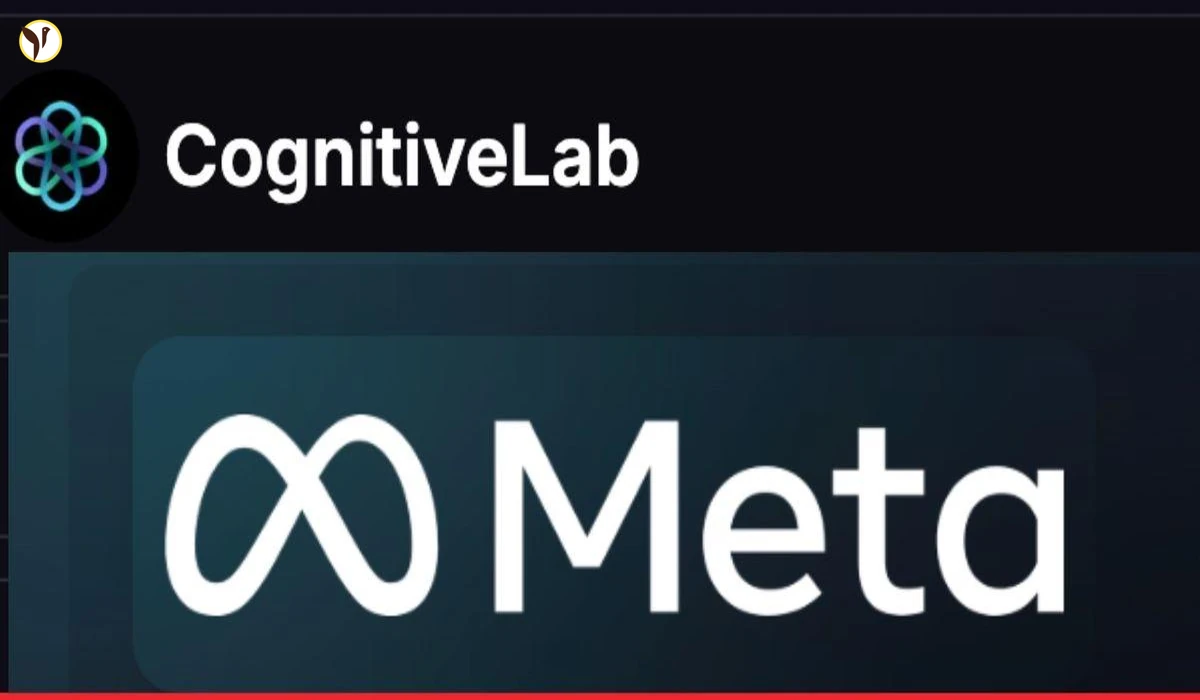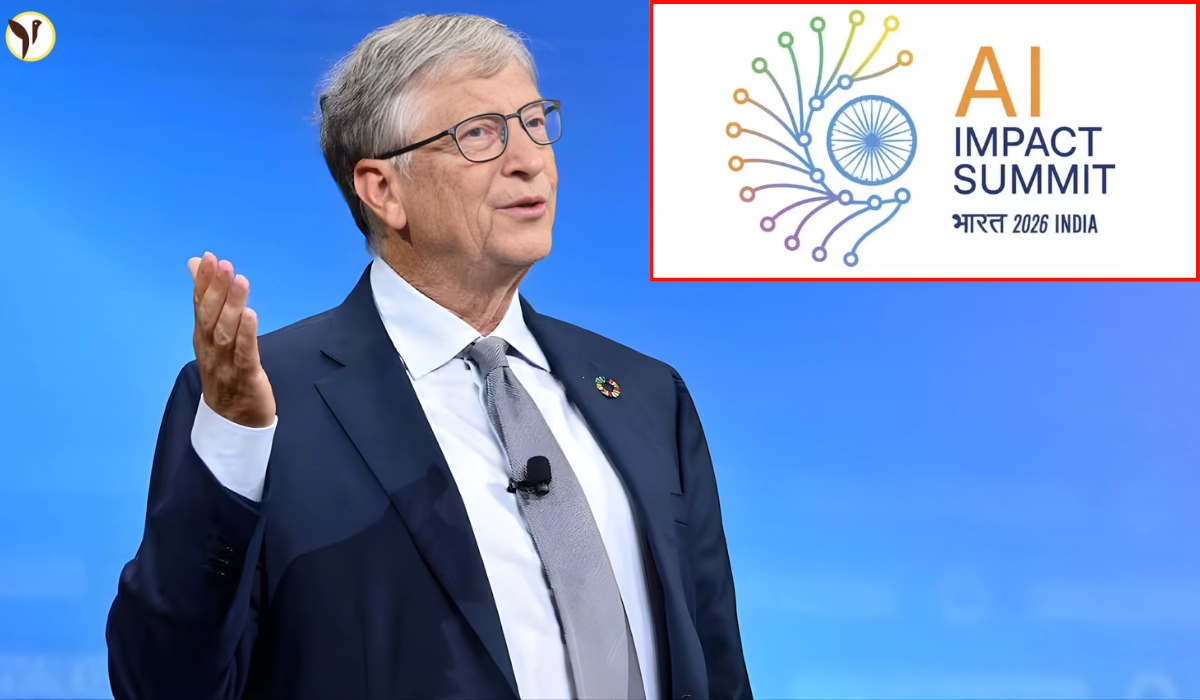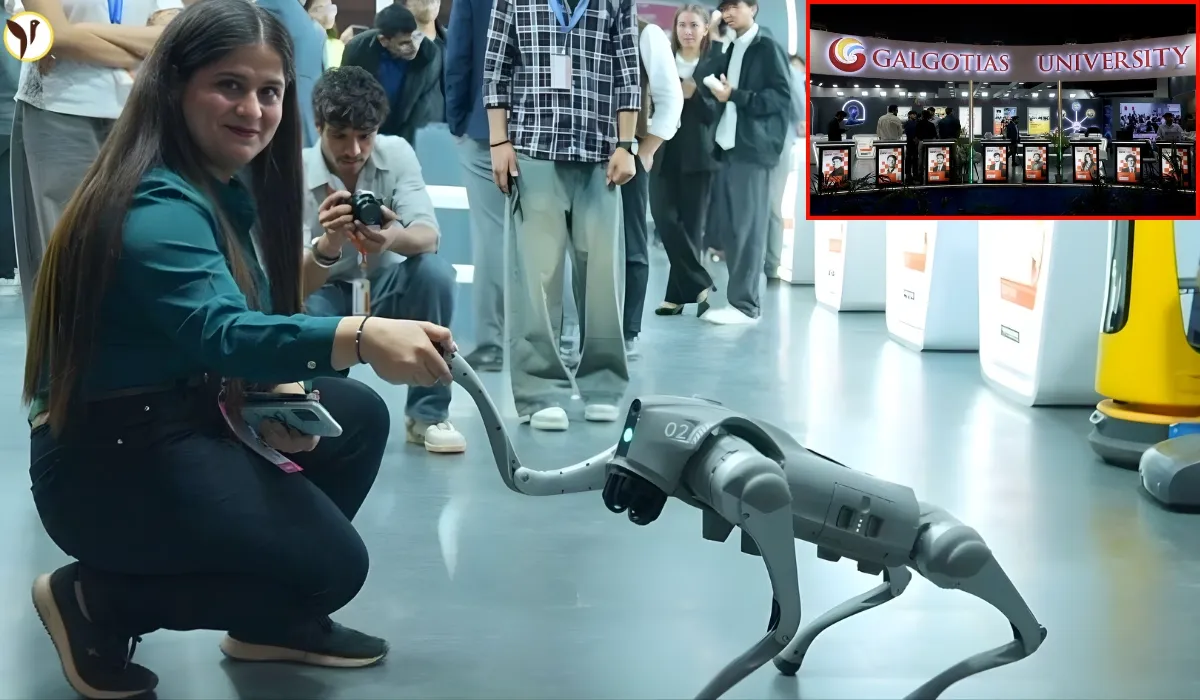Meta's Llama Impact Grants: How Global Innovators Are Changing the World
Ever wondered who's actually doing something meaningful with all this AI technology we keep hearing about? Meta just revealed the winners of its 2024 Llama Impact Grants, and I've got to say, these teams are doing some genuinely impressive work. They're not just building fancy tech demos—they're using open-source language models to tackle real-world problems that affect millions of people.
One standout that caught my attention is CognitiveLab from India. Their project, Nayana, is doing something remarkable—making AI accessible to people who speak dozens of different languages, many of whom have been left behind by the English-dominated tech world. With support from the Llama Impact Grant, they're poised to expand their already impressive reach of 22 languages, potentially connecting with over three billion people worldwide. That's not just a tech achievement; it's a human one.
When Open Source Meets Real-World Impact
Meta launched these grants back in 2023 with a simple but powerful idea: what if we supported projects that use our open-source models—Llama 2, Llama 3, and now Llama 4—to create tangible positive change? For CognitiveLab, a scrappy open-source-first AI research lab in Bengaluru, this support couldn't have come at a better time.
What makes CognitiveLab different from your typical AI startup? For one, they're deeply committed to transparency and community. They've built crucial open infrastructure for India's AI ecosystem, including the Indic LLM Leaderboard (think of it as a report card for how well AI systems handle Indian languages) and benchmark datasets that help everyone build better tools. It's the unglamorous but essential work that makes broader innovation possible.
Their flagship project, Nayana, isn't just another language model—it's a multilingual, multimodal powerhouse. In plain English? It can process text, images, and speech across numerous languages, including many Indic languages that bigger tech companies often ignore because they're considered "low-resource." The results speak for themselves: Nayana has already beaten industry standards for optical character recognition (OCR) in 10 Indian languages. Imagine being able to snap a photo of a document in Tamil or Bengali and instantly have it converted to searchable text—that's the kind of practical magic we're talking about.
The People Behind the Project
Shivnath Thukral, who serves as Vice President and Head of Public Policy at Meta India, didn't mince words when talking about why this partnership matters: "Open-source AI has become one of our most powerful tools for bridging digital divides, especially in a diverse country like India. What Nayana demonstrates is the true potential of open innovation—making cutting-edge AI accessible to billions, not just a privileged few."
I was particularly struck by what Shashi Kumar, the founder of CognitiveLab, had to say about their mission: "We're not just building technology for technology's sake. Our goal has always been to make AI accessible to everyone, fairly and equally. With this grant, we can dramatically scale Nayana's capabilities—adding more languages, enhancing its multimodal features, and creating high-quality training datasets for communities whose languages have been underserved by mainstream AI development."
What's Next for Nayana?
So what will CognitiveLab actually do with the funding? They've got an ambitious roadmap:
-
They're planning to expand beyond their current language roster, bringing AI capabilities to even more linguistic communities. They're also fine-tuning how Nayana handles mixed media—improving its ability to work with combinations of text, images, and speech seamlessly.
-
For areas with limited computing resources (which describes much of the developing world), they're building lightweight deployment tools so Nayana can run on modest hardware.
-
Perhaps most importantly for the broader AI community, they're creating and releasing new datasets that combine speech, text, and images. This is the kind of resource that can help countless other developers build on their work. They're also refining their Indic tokenizer—the component that breaks language into pieces the AI can understand—and establishing new benchmarks for how we evaluate multilingual AI systems.
It's worth putting this in context: the Llama family of models has been downloaded over a billion times globally and spawned more than 85,000 derivative models. That's an ecosystem, not just a product. And India, with its incredible linguistic diversity and technical talent, is emerging as a key player in this movement. Innovators like CognitiveLab are showing how open-source AI can address uniquely local challenges while contributing to global knowledge.
The Bigger Picture
When you step back and look at partnerships like the one between Meta and CognitiveLab, you start to see the outlines of a more inclusive AI future. What if the next wave of AI development actually reached everyone, not just those who speak dominant languages or live in tech hubs? What if the benefits of these powerful tools were distributed more equitably?
Nayana offers a glimpse of that possibility. By making AI work for billions of people in their own languages, projects like this aren't just solving technical problems—they're addressing fundamental questions of access and equity in our increasingly digital world. And that's something worth watching, no matter what language you speak.









